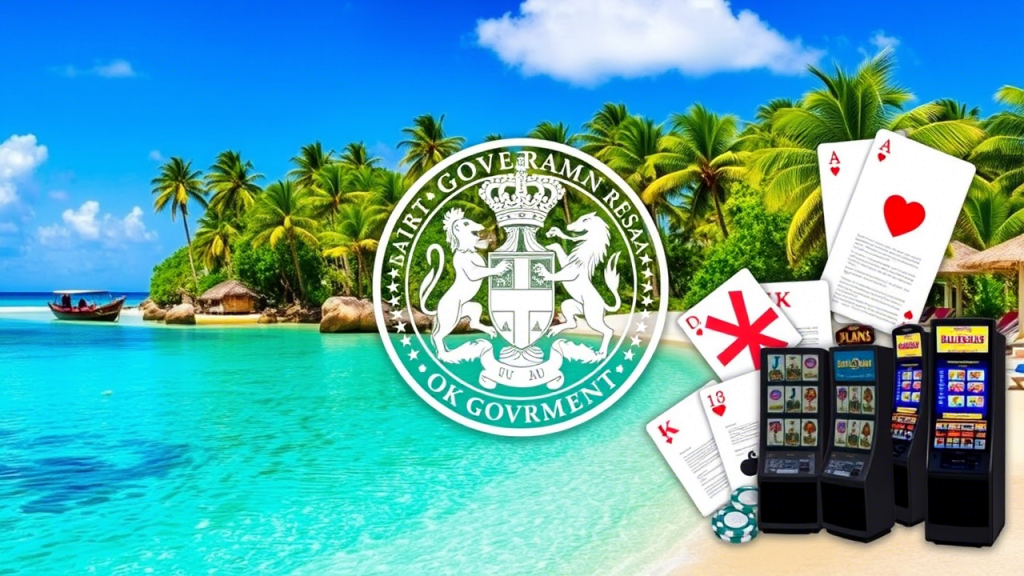The CGA, or Curaçao Gaming Authority, has announced a six-month extension. It applies to provisional gaming licenses for offshore sportsbooks and casinos. This is as the island keeps its sweeping reform of the gaming industry. Operators holding Green Seal B2C or B2B licenses are originally valid until June 24 of this year. Now, they will have until December 24 to comply with new licensing requirements.

The extension gives companies more time to transition to the newly implemented National Ordinance for Games of Chance (LOK). This replaces the longstanding master, as well as sub-license system with a centralized model under the CGA. The shift marks a major regulatory pivot aimed at improving oversight, transparency, and international compliance.
Curaçao has long been a magnet for offshore gambling companies because of its business-friendly environment. As a self-governing territory within the Kingdom of the Netherlands, Curaçao is free to set its own tax policies. It offers rates as low as 2% on net profits, no taxes on gaming revenue, and a modest annual license fee of approximately €24,600 or $28,000.
This favorable framework has drawn more than 450 online casinos and betting sites to the island. In contrary to this, jurisdictions such as New York impose a 51% tax on gaming revenue, $25 million license fees, as well as additional corporate taxes. These make Curaçao an attractive alternative for high-revenue platforms such as Stake.com. It generated an estimated $1 billion in profit in 2024. Under its Curaçao license, it paid around $20 million in taxes. If Stake was based in New York, its tax bill could have reached $2.6 billion.
The most important change under the new regulations is the elimination of the master license system. Recently, four private entities held the authority to issue sub-licenses. These included Antillephone NV, Curaçao Interactive Licensing NV, Gaming Curaçao NV, and Cyberluck (also known as eGaming Curaçao). Nonetheless, critics often accused these master licensees of weak enforcement and insufficient accountability.


